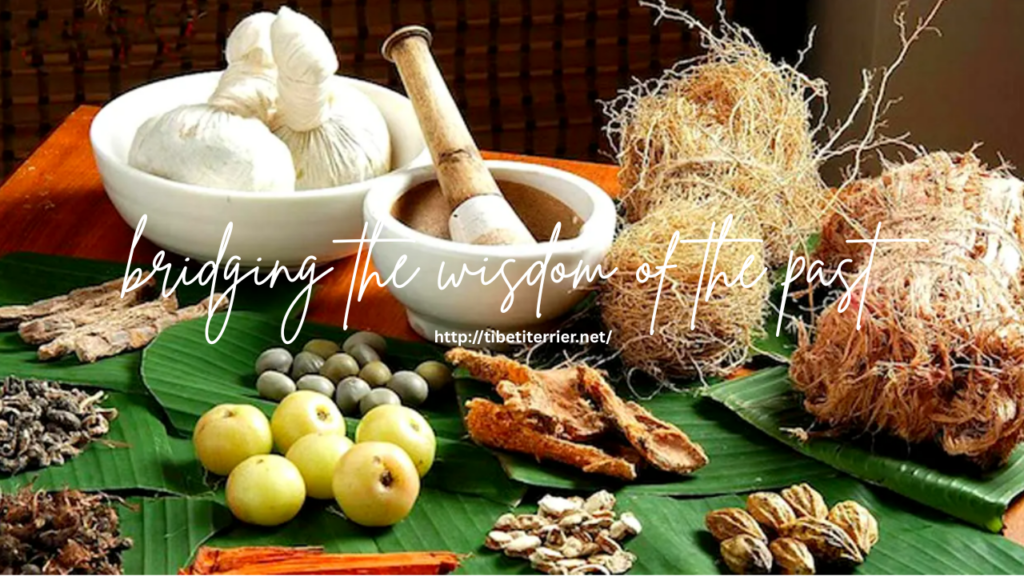
In Mali, where ancient traditions still pulse at the center of everyday life, health and healing are often understood through the lens of community, spirit, and nature. When it comes to treating addiction—a growing concern in both urban and rural areas—many Malians first turn to indigenous healers, whose knowledge of herbal remedies, spiritual practices, and ancestral wisdom has guided wellness for generations. But as addiction becomes increasingly complex, there is growing recognition that combining these traditional practices with Western medicine may offer a more effective, holistic path to recovery.
Addiction in Mali, like in many parts of the world, is driven by multiple forces: economic hardship, political instability, youth unemployment, and the spread of illicit drugs. From alcohol and cannabis to opioids and pharmaceuticals, substance abuse is a rising threat, particularly among young people. Yet access to modern addiction treatment—such as therapy, detoxification services, or psychiatric care—is often limited, especially outside major cities like Bamako.
In this context, traditional healers remain deeply relevant. Known locally as marabouts, herbalists, or therapeutes, they are often the first point of contact for individuals struggling with addiction. Their treatments may include herbal medicines made from baobab bark, moringa leaves, or neem, as well as rituals to drive away harmful spirits believed to cause cravings or mental distress. Healing ceremonies often involve family members, reinforcing social support as part of the recovery process.
However, traditional methods alone may not be enough to address the physiological and psychological complexities of addiction—particularly in cases involving severe withdrawal symptoms or co-occurring mental illnesses. Recognizing this, a growing movement in Mali is working to integrate indigenous healing with Western medical practices, creating a bridge between two very different but potentially complementary systems of care.
Some pilot programs have begun to train traditional healers in basic addiction science, helping them identify when a patient needs medical detox or psychiatric intervention. At the same time, healthcare workers in clinics are being trained to incorporate cultural sensitivity into their practice—respecting the role of spirituality, family, and traditional beliefs in the healing process. For example, some rehab centers now offer prayer spaces, involve elders in counseling sessions, or use local languages and metaphors to explain addiction and recovery.
These integrative models are still emerging but show great promise. They not only increase trust in formal healthcare but also make treatment more accessible and culturally appropriate. Rather than dismissing traditional healers, they embrace them as key allies in a larger public health effort.
By bridging the wisdom of the past with the tools of modern science, Mali has the opportunity to craft an addiction recovery model that is uniquely its own—one that honors heritage while embracing innovation.
In a country where identity is deeply rooted in both tradition and resilience, this integrated approach may offer the most powerful remedy of all: a healing that speaks to the whole person—body, mind, and spirit.